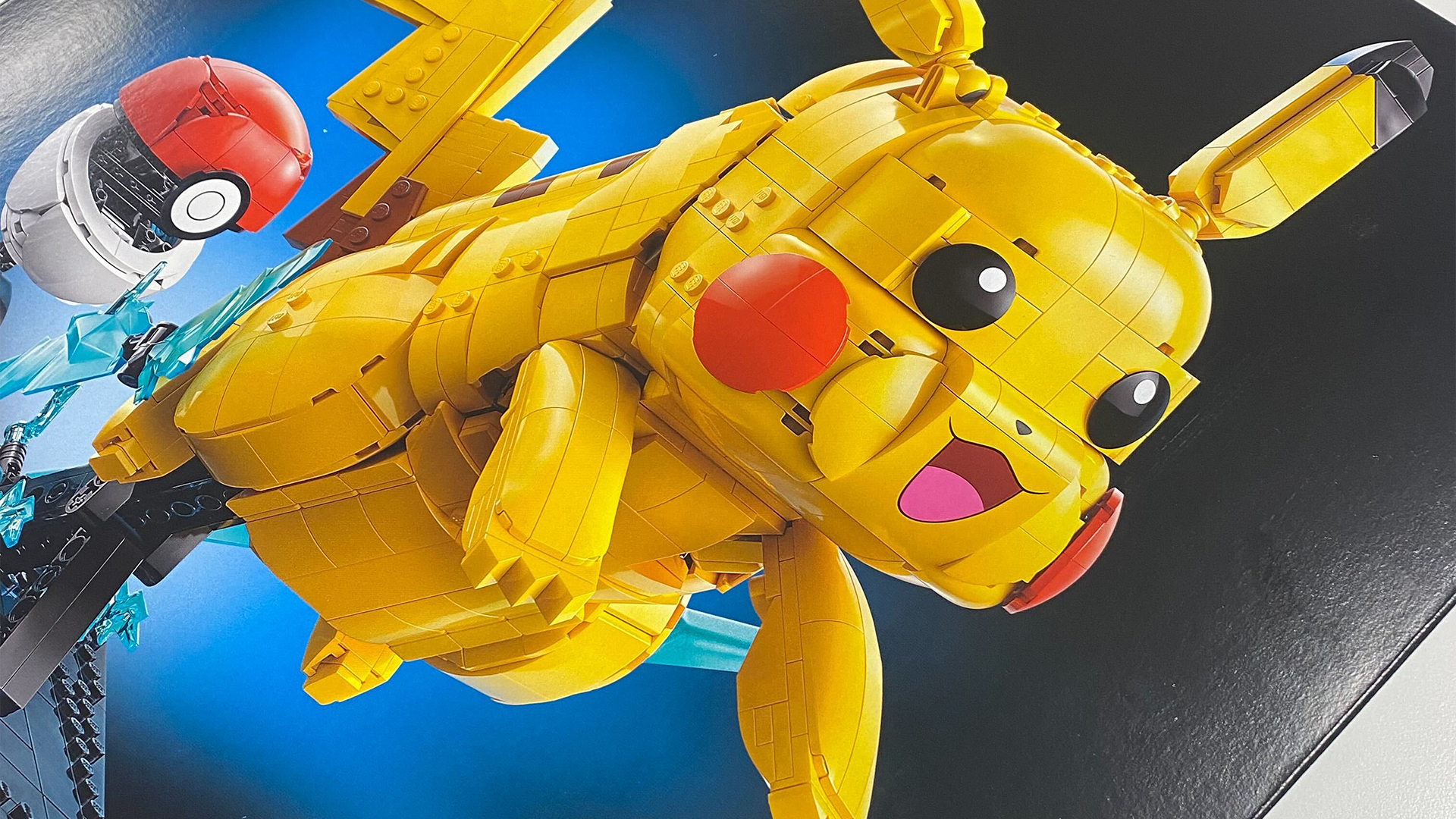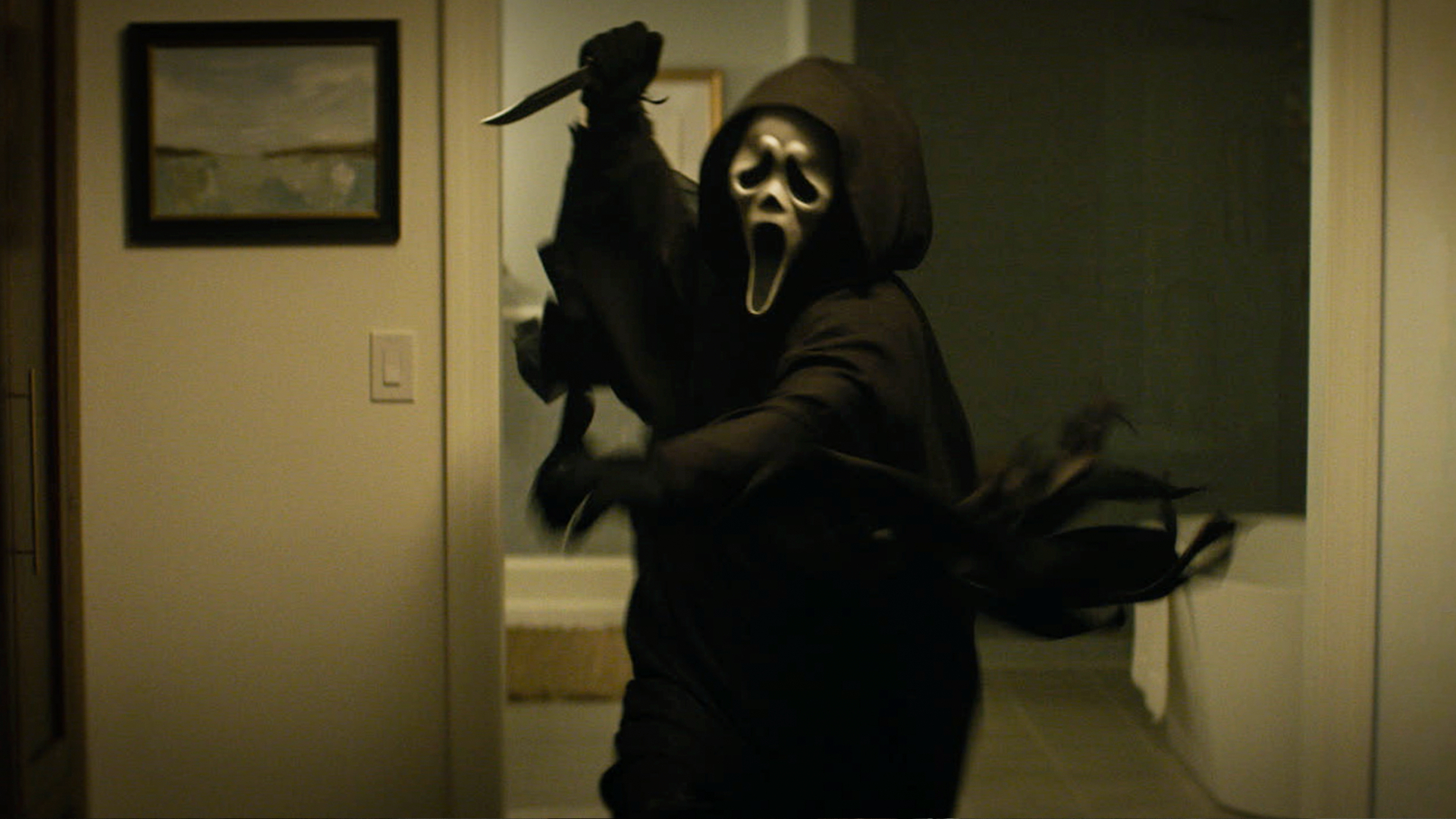Nintendo doomed? Here are 8 previous catastrophes it recovered from
Those who forget history are doomed to repeat it
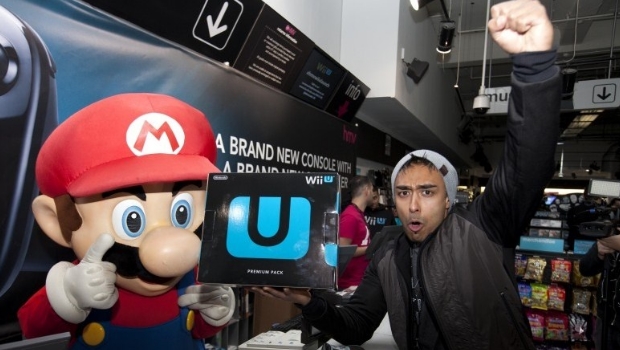
Is all hope lost?
Look, we know things look pretty bad for Nintendo at this very moment. The Wii U saw a slow 2013 that ended in new next-gen systems totally overshadowing it. Worse yet, Nintendo announced it was posting its third annual loss as a company, and that the Wii U sold only 2.8 million units during the last fiscal year (which is a third less than the 9 million it originally anticipated). Even with the 3DS doing well, things arent too sunny at the house of Mario, and people are looking for drastic fixes to its problems.
But if Nintendo is looking for a way out of its current mess, its executives might do well to look back on its 100 years of history. The company has faced numerous challenges in the past, several that looked like theyd tank the company outright. Think things couldn't be worse? Well, you're wrong--they have been. Let's take a look.
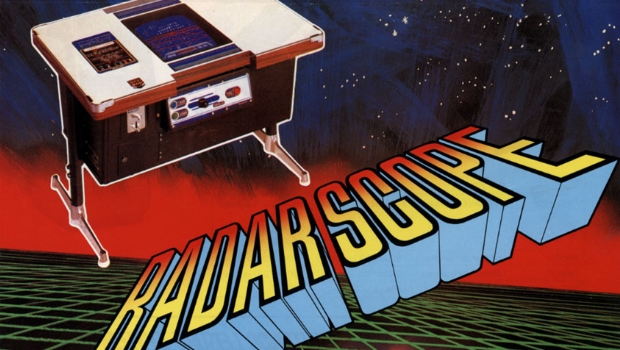
The US rejects Radar Scope
The story: Nintendo was once just a toy company that was continually looking for the latest fad to take advantage of, and Space Invaders clone Radar Scope was its hit in 1979. The game was a huge success in Japan, so the fledgling Nintendo of America imported thousands of units to the US, hoping for similar profits. But American players didnt take to the game, leaving NoA with a warehouse full of unsold arcade machines. The international side of Nintendo seemed dead before it even had a chance to begin.
The fix: Nintendo of Americas president pleaded for a new game that could run on his stock of unsellable machines, so the company tasked a relatively unknown artist named Shigeru Miyamoto with creating this fresh title. When NoA was given the resulting title, Donkey Kong, many doubted that a little man chasing a gorilla around a construction site would sell--but it went on to be one of the most important games of all time. NoA sold off all its retrofitted Radar Scope machines and then some, creating the foundation for one of the companys most profitable divisions.
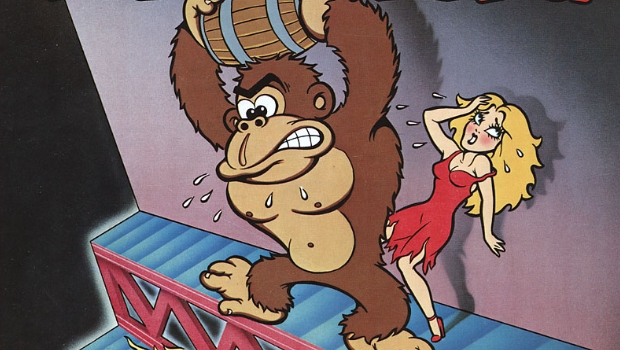
Sued by Universal over Donkey Kong
The story: Nintendos had its first real hit in the US with Donkey Kong, but not everyone was enjoying it. Major film company Universal Studios felt the game was ripping off King Kong, and it not only threatened legal action against Nintendo, but also Coleco and Tiger for respectively porting the game to home consoles and portables. Secretly, Universal was looking to enter the gaming business and saw this as a great potential entryway. What was a much smaller company like Nintendo to do in the face of this massive lawsuit?
The fix: Though Nintendo was originally ready to settle and give partial ownership of Donkey Kong to Universal, company lawyer Howard Lincoln convinced them to fight. He discovered that Universal barely owned the rights to King Kong, and correctly bet that the judge would see Universals claim as a scare tactic instead of a concrete issue. After three years of appeals, the case went to Nintendo, Universal paid almost $2 million in legal fees, and Howard Lincoln took an executive position at Nintendo that he still holds to this day.
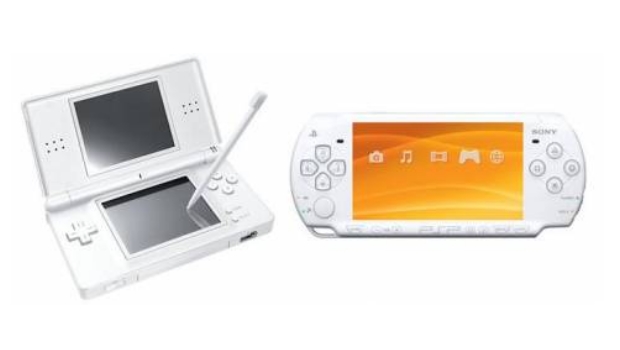
DS's poor launch against the PSP
The story: The DS is remembered well now, but at launch, even Nintendo was hedging its bets. At a time when GameCube releases were slowing to a crawl, Nintendo labelled the DS as the third pillar of its business instead of the successor to the Game Boy Advance. The launch line-up of the DS was full of ports and lackluster titles that didnt use the systems innovative dual screens. Around the same time, Sony launched the PSP, Nintendos first real handheld competitor in years. Nintendo seemed to have focused on a cheap gimmick, while Sony held the future of handhelds thanks to fancy graphics and the power of UMDs.
The fix: By August of the next year, Nintendo finally started rolling out games that actually used the DSs unique qualities, such as Nintendogs and Kirby: Canvas Curse. Soon the system found its niche with numerous brain-training titles, finding massive crossover appeal with many that didnt see themselves as gamers. As the PSPs fanbase outside of Japan dried up (and UMD movies collected dust on store shelves), the DS went on to have a remarkably strong library of games. In the end, the handheld not only outsold the GBA, but the DS went on to become one of the highest selling pieces of video game hardware ever made.
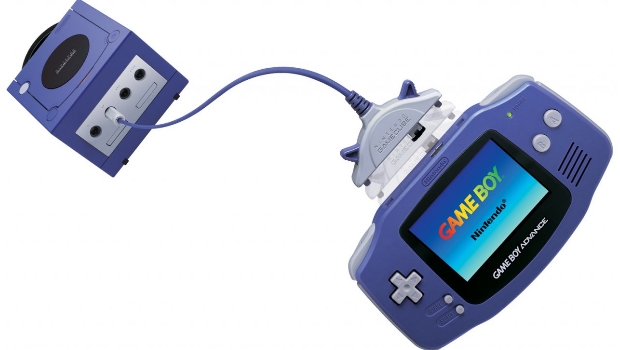
E3 2003 is built around Connectivity
The story: By 2003, the GameCube was firmly in third place in the console race. Sonys PS2 was the clear winner, and Microsofts upstart Xbox was seeing success in the US with Halo. E3 2003 was a chance for Nintendo to show that it was just getting warmed up with the purple square. But at a time when online gaming was picking up steam in US homes, Nintendo closed its press conference by showcasing Pac-Man Vs. and The Legend of Zelda: Four Swords, visually unimpressive titles that required three GBAs to enjoy properly. As fun as those titles may have been, it made Nintendo look firmly stuck in the past.
The fix: By the next E3, Nintendo realized they needed to something big to close out its E3 presentation. 2004 saw the premiere of the game that would eventually be called The Legend of Zelda: Twilight Princess. When Nintendo fans first saw the trailer, grown men wept (well at least one guy did). Not every E3 close for Nintendo has been that strong, but Nintendo at least tried harder after 2003.
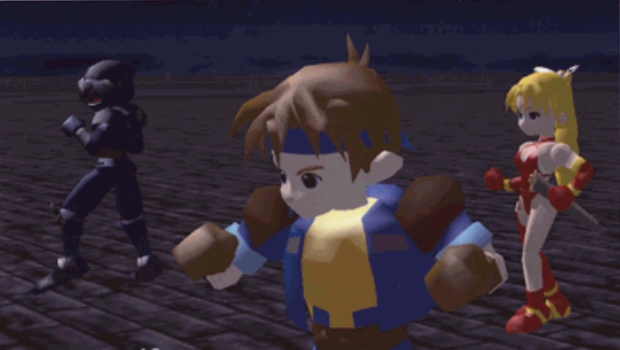
Square abandons the N64
The story: The Nintendo 64 seemed poised to continue the SNES dominance as ruling gaming hardware, and Nintendo was cocky enough to give the Sega Saturn and Sony PlayStation a year-long head start to the market. Square seemed committed to bring its blockbuster franchise Final Fantasy to the new system--but then the publisher turned on Nintendo, choosing instead to publish games exclusively for the PlayStation. Square preferred the CD-ROM tech to Nintendos admittedly backwards use of cartridges, and most third party publishers followed Square to the PSOne. The N64 ended up as an afterthought for many third parties.
The fix: Nintendo invested more than ever into internal development, particularly with valued second party Rare. The N64 still missed out on massive franchises like Final Fantasy, Dragon Quest, Metal Gear Solid, and many more, but there were still more than enough games worth remembering. And Square eventually returned to publishing games with Nintendo, both on the GBA and GameCube.
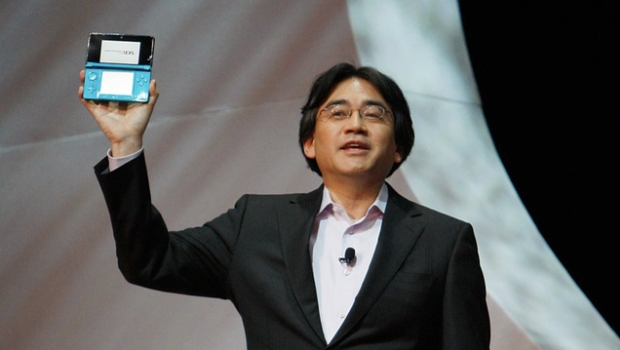
3DS has a terrible launch
The story: The 3DS was the surprise hit of E3 2011, so many were let down by its rough western launch. The slow sales could be credited to a high price point, shoddy line-up of games, and the fact that many promised features and apps werent ready for launch. Six months in and the already-abysmal sales had slowed down considerably, with the companys biggest games still months away. In a desperate move to save the DS successor, Nintendo took the drastic action of cutting the price from $250 to $170, which could entice new owners. But what about the early adopters?
The fix: Nintendo president Satoru Iwata released a surprisingly candid statement to 3DS owners apologizing for the price cut, while also explaining its necessity. As a gift, owners that registered the system online prior to the price drop were gifted 20 free games, including 10 GBA games that have yet to be released on the eShop to the public. Months after the price cut, the 3DS finally found killer apps with Mario Kart 7 and Super Mario 3D Land, and it continues to be Nintendos greatest profit generator.
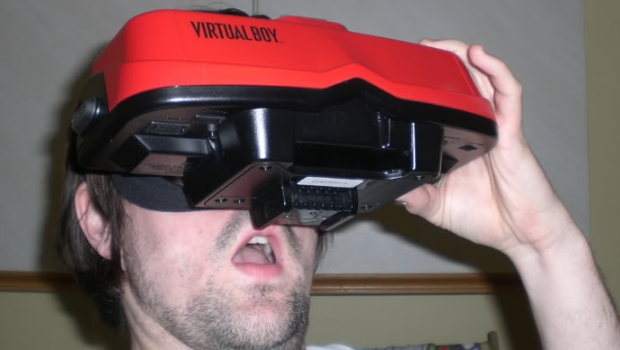
Virtual Boy is a massive failure
The story: By 1995, the SNES and Game Boy were starting to look pretty aged when compared to the polygonal graphics of the upcoming PlayStation and Saturn. But Nintendo seemed to be on the cutting edge with Game Boy successor Virtual Boy. It had true 3D visuals, 32-bit graphical power, and tied into the popular trend of virtual reality. Unfortunately, it was also incredibly unwieldy for a supposed portable, and caused headaches for anyone that dared to play it for longer than 20 minutes. It was discontinued a year later, leaving Nintendo without its planned continuation of the Game Boy lineage.
The fix: Despite the Game Boys spinach-green graphics only getting worse with age, the system ended up having one of, if not the longest lifespan of any piece of gaming hardware to date. At least 90% of the credit goes to the billion-dollar success of Pokemon. Children all over the world had to catch em all on the Game Boy and Game Boy Color, keeping the system alive well into the 2001 launch of its actual successor, the Game Boy Advance.
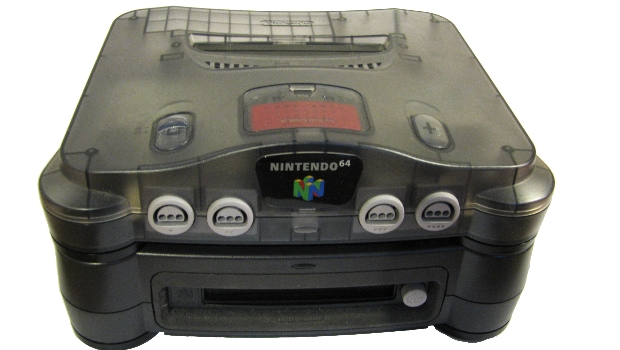
The 64DD is never released in the US
The story: After third parties, like Square and Konami, passed over publishing their games on the N64 due to the restrictive memory of the N64s cartridges, Nintendo thought they had a solution. The Nintendo 64DD (short for Disk Drive) would give devs an extra 64MB of RAM for games, and would allow players to write and store their own programs. Titles like Fire Emblem, Super Mario RPG, Dragon Quest, and Mother 3 were all planned for the system, but after a poor launch in Japan, the add-on was discontinued worldwide, seemingly removing a ton of potential titles from the N64s content-starved library.
The fix: Eventually a number of titles were reworked for the regular N64, including Donkey Kong 64, Paper Mario, and Kirby 64, while the Mario Artist series was dropped entirely. This costly experiment with cartridge-based games is likely the reason Nintendo finally went with discs on the GameCube. Sure, those were still proprietary minidiscs, but Nintendo is nothing if not cautious.
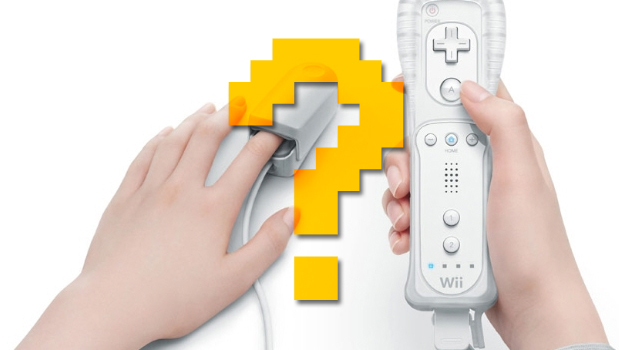
Whats the fix now?
Those were just some of the possibly company-ending issues Nintendo has faced to date, hopefully putting the stalled-out Wii U into perspective. But what strategy will save Nintendo from its latest misstep? Let us know your solution in the comments! Maybe Nintendo will read it.
And if you're looking for more Nintendo history, check out 50 little known bits of Nintendo trivia and our pick for 40 obscure facts about Mario.

Henry Gilbert is a former GamesRadar+ Editor, having spent seven years at the site helping to navigate our readers through the PS3 and Xbox 360 generation. Henry is now following another passion of his besides video games, working as the producer and podcast cohost of the popular Talking Simpsons and What a Cartoon podcasts.
Weekly digests, tales from the communities you love, and more
You are now subscribed
Your newsletter sign-up was successful
Want to add more newsletters?
A version of this article originally posted July 24, 2013.
